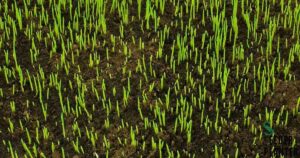Faith is often compared to a seed in the Bible—small at first, but capable of growing into something powerful and life-changing. Just as a seed needs care and the right conditions to grow, faith requires nurturing through scripture, trust, and spiritual actions. This blog post dives into Planting a Seed of Faith and the concept of sowing seeds of faith, using biblical teachings and parables to guide us on our journey toward spiritual growth.
Old Testament Verses About Planting Seed
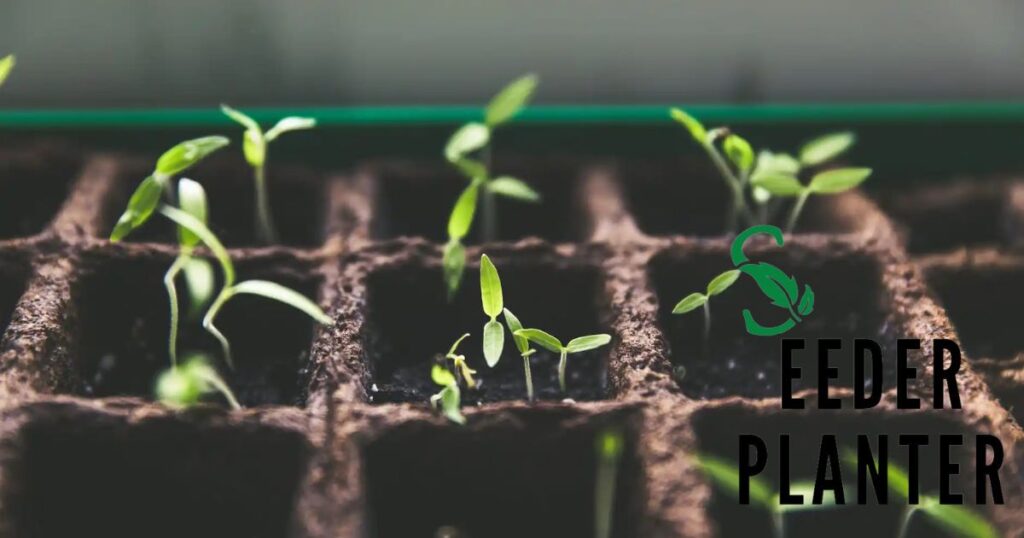
The Old Testament is rich with verses that use agricultural imagery to describe faith, trust, and righteousness. These passages offer timeless lessons about sowing seeds of faith and trusting in God’s promises.
Genesis 8:22 – God’s Promise of Seedtime and Harvest
“As long as the earth endures, seedtime and harvest, cold and heat, summer and winter, day and night will never cease.” (Genesis 8:22, NIV)
This verse is a powerful reminder of the consistency of God’s plan. Just as the seasons follow their natural cycle, spiritual growth through faith follows a predictable pattern—faith must be planted, nurtured, and allowed to grow before we can harvest its fruits. Here, we see that God assures us that there will always be an opportunity to sow and reap, a reflection of the spiritual growth journey.
Isaiah 55:10-11 – God’s Word as Rain and Seed
“As the rain and the snow come down from heaven, and do not return to it without watering the earth and making it bud and flourish, so that it yields seed for the sower and bread for the eater, so is my word that goes out from my mouth.” (Isaiah 55:10-11, NIV)
In this passage, God’s Word is compared to rain, which gives life to seeds. It nourishes, sustains, and causes things to grow. This is also a scripture on faith and planting, as it suggests that when we plant God’s Word in our hearts, it has the power to transform our lives. God’s word as a seed works quietly yet effectively, changing us from the inside out, and leading to a harvest of righteousness.
scripture About PlantingSeeds: Cultivating Spiritual Growth?
New Testament Verses About Planting Seeds
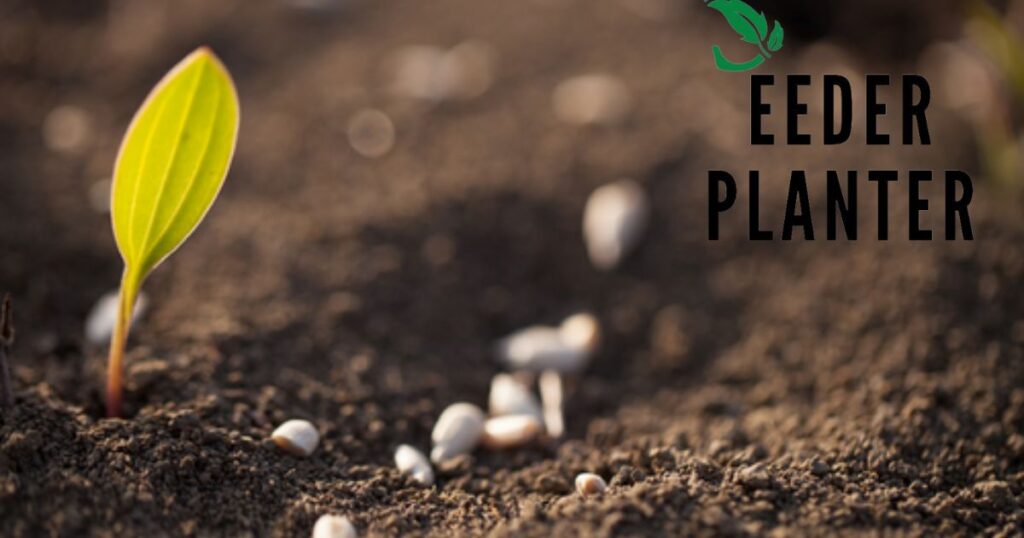
The New Testament expands on this idea of planting seeds to represent the spreading of the Gospel and growing faith in God. Many of Jesus’ parables revolve around planting, sowing, and reaping.
Matthew 13:3-9 – The Parable of the Sower
One of the most well-known parables, the parable of the sower, offers a vivid image of how seeds—representing God’s Word—are received differently depending on the condition of the heart.
In this parable:
- Some seeds fall on the path and are quickly eaten by birds.
- Some fall on rocky ground where they sprout quickly but wither because they have no roots.
- Some fall among thorns and are choked by them.
- But some fall on good soil, where they produce a bountiful harvest.
The lesson? The mustard seed faith Bible verse teaches that even the smallest seed of faith, planted in good soil, can grow into something extraordinary. Spiritual growth depends on both the initial act of sowing and the condition of the heart where faith is planted.
Corinthians 3:6-9 – God Gives the Growth
“I planted the seed, Apollos watered it, but God has been making it grow. So neither the one who plants nor the one who waters is anything, but only God, who makes things grow.” (1 Corinthians 3:6-9, NIV)
Paul explains that different people play different roles in nurturing faith, but ultimately, it is God’s Word as a seed that provides the increase. This passage highlights faith and patience in the Bible—we may sow seeds, but it takes time and God’s divine intervention for those seeds to grow into something fruitful.
Types of Seed Planting in the Bible
The Bible often uses seeds metaphorically to represent different aspects of faith and righteousness. Understanding these types can deepen our appreciation for the biblical teachings on faith.
Agricultural Seeds
Agricultural imagery is common in the Bible because many people in biblical times were farmers. Sowing seeds of faith is often compared to sowing literal seeds into the ground. Just as a farmer must patiently wait for the harvest, we must wait for the fruits of our spiritual labors to appear. This teaches us about faith in difficult times—even when growth isn’t immediately visible, we trust that the seed is working under the surface.
Spiritual Seeds of Righteousness
“Sow righteousness for yourselves, reap the fruit of unfailing love.” (Hosea 10:12, NIV)
In this verse, sowing seeds of righteousness leads to reaping the fruits of God’s love. This represents reaping what you sow in faith—doing good, living righteously, and walking in faith will lead to spiritual blessings. The idea is also echoed in Galatians 6:7, where Paul reminds us that “whatever a man sows, that he will also reap.”
What We Can Learn From Planting a Seed of Faith
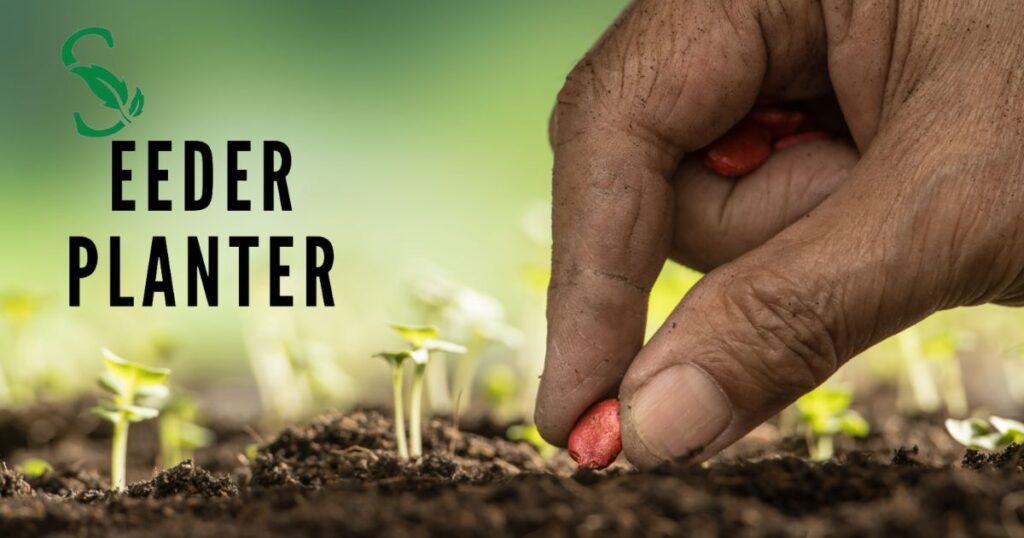
Bible verses about spiritual growth are not just metaphors—they offer actionable lessons. These teachings guide us on how to cultivate and nurture our faith, trusting that God will bless us with a spiritual harvest.
Growth and Development
Just like a seed planted in good soil, faith requires nurturing faith through the Word. It takes time, patience, and care to develop. We can’t rush spiritual growth, but we can make sure we are providing the right conditions: studying scripture, spending time in prayer, and surrounding ourselves with a supportive community of believers. Faith grows over time, as we trust more in God’s plan and see Him work in our lives.
Potential and Transformation
Seeds start small, but their potential is enormous. In the same way, a small amount of faith can lead to big changes. This is the essence of the mustard seed faith Bible verse in Matthew 17:20: “If you have faith as small as a mustard seed… nothing will be impossible for you.” This teaches us that no matter how small our faith may seem, with God’s help, it has the power to transform our lives completely.
Faith and Trust
Planting a seed requires patience and trust. We can’t see what’s happening beneath the soil, but we trust that growth is taking place. Faith in difficult times works the same way—we may not always see how God is working in our lives, but we trust that He is. Hebrews 11:1 explains that “faith is the substance of things hoped for, the evidence of things not seen.” It’s about believing even when the outcome isn’t clear.
Sowing and Reaping
The Bible frequently emphasizes the principle of sowing and reaping. Sowing seeds of faith means that we take intentional actions that align with God’s teachings, even when we don’t see immediate results. But God’s timing is perfect, and a bountiful harvest awaits those who patiently wait on Him. Faith and action scripture, like James 2:26, reminds us that faith without works is dead, meaning that we must not only believe but also act on our beliefs.
Case Study: The Word of God as Seed
A powerful example of this concept can be found in the life of Jesus’ disciples. When they first encountered Jesus, their faith was small, like a seed. Over time, as they listened to His teachings and witnessed His miracles, their faith grew stronger and deeper. By the time Jesus ascended into heaven, they were ready to plant seeds of hope and faith in others, spreading the Gospel across the world.
Conclusion
Planting a seed of faith, according to biblical teachings on faith, is both a responsibility and a privilege. It reminds us that growth comes from God, but we must actively participate by sowing seeds of righteousness and nurturing our faith through His Word.
Whether we’re looking at Bible verses about faith, studying the parable of the sower, or reflecting on the harvest of righteousness, the message remains clear: small acts of faith can yield abundant spiritual blessings if we trust in God’s timing and provision.
In your journey of faith, remember that it starts with a single seed. With patience, trust, and dedication, that seed will grow, and you’ll experience a harvest of righteousness beyond anything you can imagine.

I am Alexander James, a seasoned professional with 4 years of expertise, brings passion and skill to every project. Elevate your experience with my knowledge and creativity.
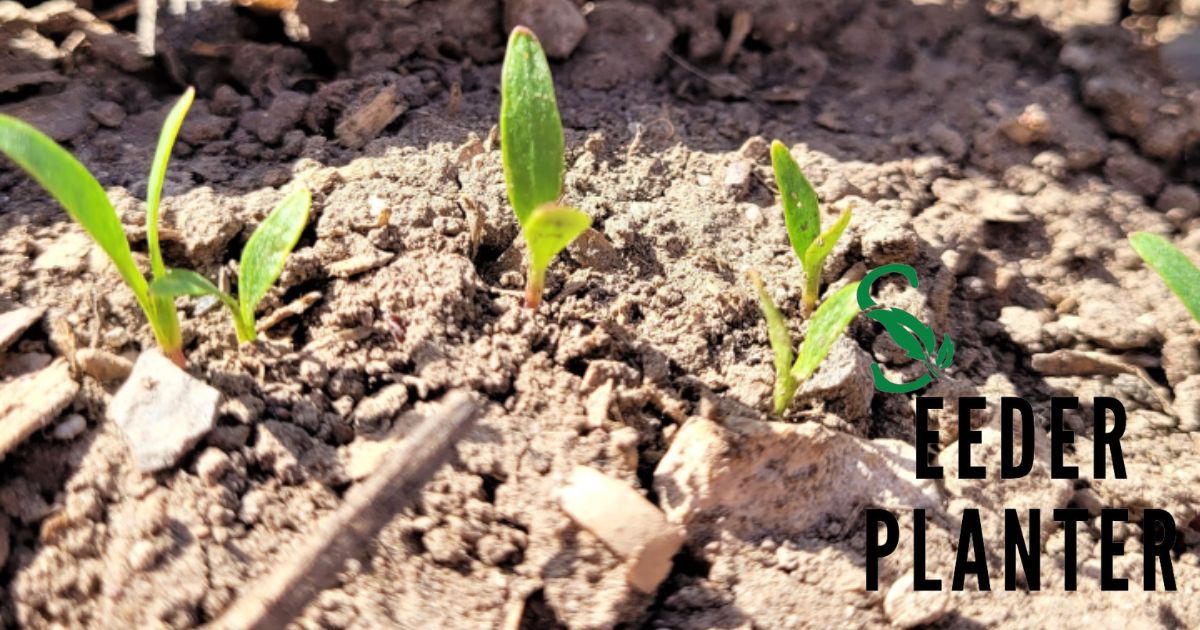


![Hollyhock Seeds: The Complete Guide to Success [2024]](https://seederabout.com/wp-content/uploads/2024/10/Hollyhock-Seeds-The-Complete-Guide-to-Success-2024-300x157.jpg)


